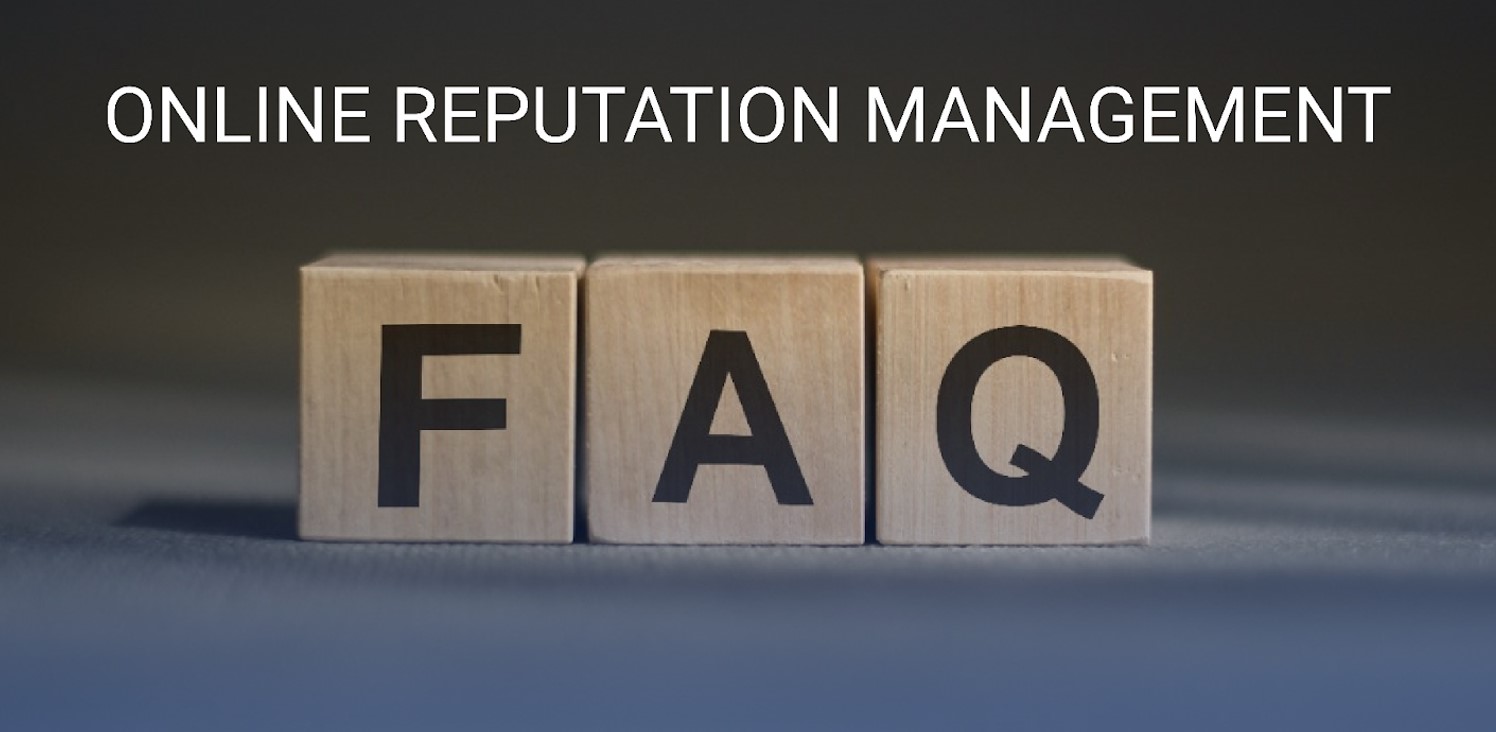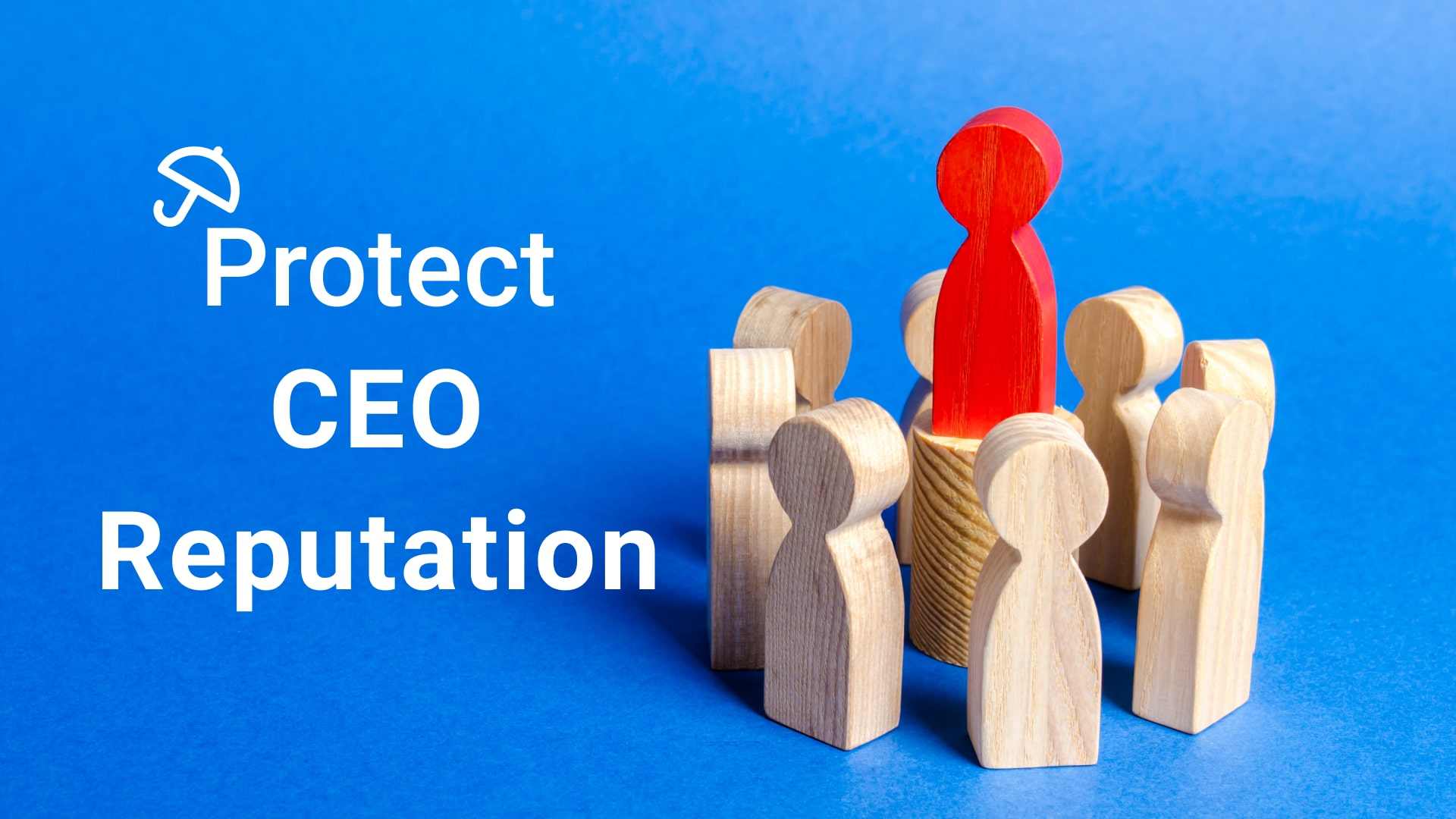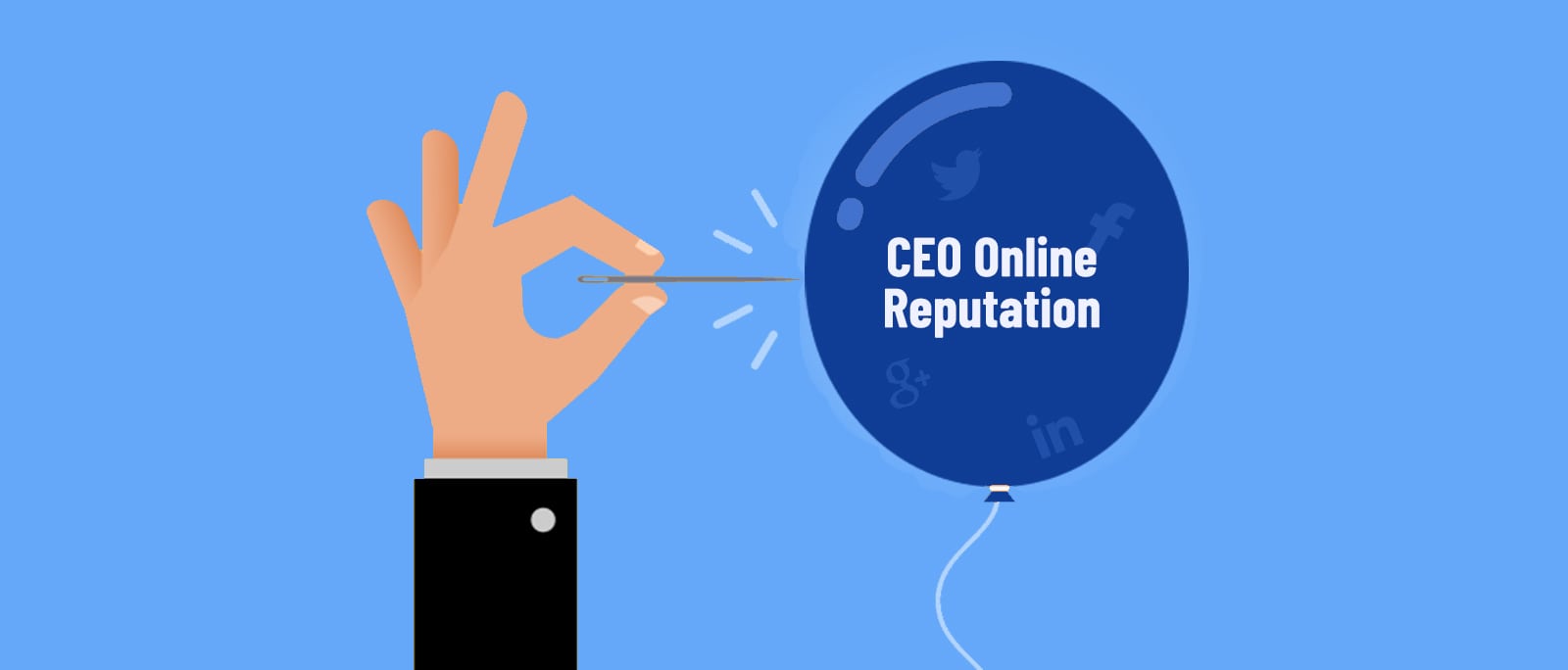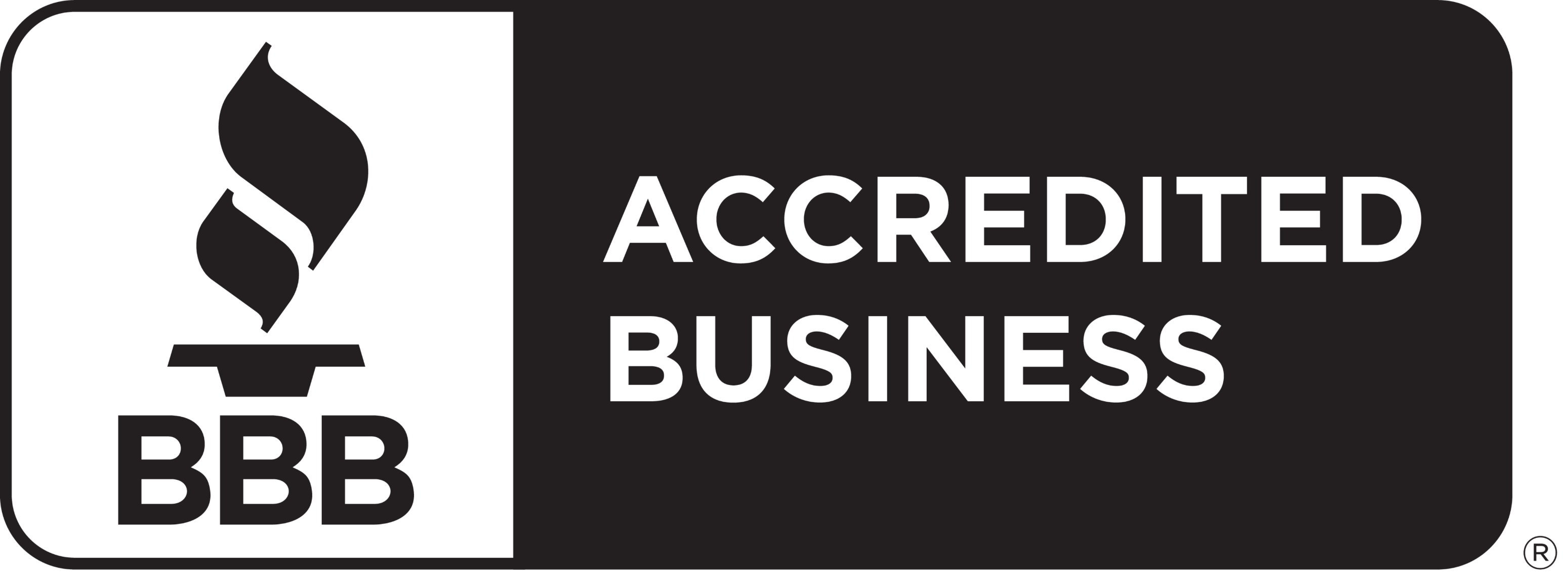Whether you desire to increase the sales of your online business or get people hooked to your personal brand, online reputation management can act as a game-changer in today’s digital times. Irrespective of the dire need for ORM Services for Business, there seems to be a lot of confusion and misconceptions about successful online brand reputation management. In this article, let us discuss some of the most frequently asked questions about Online Reputation Management and get all your doubts cleared.
1. What is Online Reputation Management?
Even though the term may sound self-explanatory, it is often misunderstood in the way it should be used. Online Reputation Management, often abbreviated as ORM, in a nutshell, refers to taking control of your online presence, which is based on the logic that if you do not take charge of your activities on the internet, someone else will. It is a concept that aims to build a positive online reputation for an individual or a brand and pushes any negative feedback or review away from the hold of the target audience.
2. Is ORM the Same As SEO or Is There Any Difference?
This is, by far, the biggest misconception that people perceive about online reputation management. Search Engine Optimization commonly referred to as SEO is the process of ranking webpages on google or other search engines by improving content. On the other hand, ORM is a broad term referring to all or some of these – SEO expert, content manager, brand reputation strategist, expert witness, and web developer. To maintain a long-term positive image of someone, full-fledged online reputation management should be considered. It covers all possible dynamics of the public image including personal reputation management and professional brand image management.
3. How Do You Measure the Success of ORM?
The success of ORM is defined differently by different people according to their targets for their business based on how small or big they are. For example, businesses might focus on customer reviews and brand perception, while retailers may prioritize product reviews and customer satisfaction. Similarly in the legal field it is necessary to manage client testimonials and reviews, which can significantly impact a lawyers reputation and client acquisition. One of the most basic measures of the success of ORM is that no negative review about you or your business pops up on the first page of google. If you opt for a detailed plan to manage your reputation, you may get access to no negative reviews up to 2-3 pages as well. It all depends on the discretion and targets you have set for yourself.
4. Is Online Reputation Management Expensive?

The cost of online reputation management varies as per your needs and demands. It also depends on several factors such as size and the established reputation of the firm you want to perform it for. Other factors that decide the expensive nature includes the number of services you are opting for and the scope of work required within them. There are some online tactics that can be performed ourselves for free while some require the help of a professional. We also have a different article where we talk about the costs specifically.
5. Which Is the Best Company to Handle My ORM Needs?
There is no direct answer to this question. Each business’s needs & goals are different. The best company for you is the one that identifies your goals in the best manner possible and provides an optimum solution for your brand. No single company can serve every kind of need. How much damage needs to be repaired? What type of company you are? How is your current reputation on the web? What is the size of your company? To what extent do you want to suppress the negative content? How many search engines do you wish to target? All these questions play a pivotal role in deciding which company is best for you.
6. Does ORM Mean That All of the Negative Reviews About You Will Vanish?
If you think that by paying a top technology company, every bad thing ever published on the internet about you will disappear overnight, you are hugely mistaken. There are several kinds of negative feedback, each of which requires a different kind of treatment. If a negative review is published on a website that is under your control, you can directly remove it. If the website is under the control of someone else, you can contact them and get it removed. Besides that, you may report it to the host browser and confirm if a review goes against their terms of services and guidelines. If not this, reputation management techniques can help you by pushing negative content to lower pages where it is not discoverable anymore.
7. How Much Time Does It Take for ORM to Start Showing Results?
If you have just quite a few negative reviews about you here and there, you will be able to see the results in a matter of certain weeks. But if you have a long lost history of enduring negative feedback on your name, it may take up to several months or even a year. The nature of the attack decides the nature of the treatment. The nature of the treatment determines the time needed to mitigate the negative impact and prevent further reputation risk for successful online reputation management.
8. How Can I Track an Anonymous Person Online?
It is not always possible for a layman to track the identity of an anonymous person, especially if they have hidden their identities using software tools. There is a unique code that is assigned to every computer that connects to the internet. This code is known as the IP Address. The Internet Service Providers that users use to connect to the internet provide the IP addresses for them. While the blog host’s records may link posts to a specific IP address, the address may not reveal the poster with any certainty.
9. Which Search Engines Should I Target to Improve My Reputation?
The first no-brainer would be Google. It is the search engine with the highest number of users. They have over a trillion pages in their index, which continues to grow by billions every day. The other top five search engines are Yahoo, Bing, Ask, and AltaVista. It is recommended that you start with focusing on one and then move on to others.
10. How to Use LinkedIn as a Reputation Management Tool?
LinkedIn is the most recognized for being a professional networking site, but it is also a valuable resource for ORM. It currently hosts over 175 million registered users, including executives from every Fortune 500 business with the company’s network being available in 19 languages. LinkedIn also receives a high score from search engines for each of its pages as a top-ranked online networking site. As a result, relevant LinkedIn profiles will be among the top results in any major search engine. Hence, maintaining your presence on Linkedin is one of the quickest and easiest ways to make yourself discoverable. The more content you add, the quicker your content will be pushed up.

These were some of the most frequently asked questions about ORM Business Services. We hope that they answered your query and give you a better understanding of what online reputation management is and if it is something you should consider getting for yourself or your business. Online reputation is an asset in modern times and so it is better to take control over it as soon as possible.
Online Reputation Management Is Vital to Every Business.
Invest in Success, Call Us Today and Let Our Team of Professionals Help Maintain Your Good Name.













